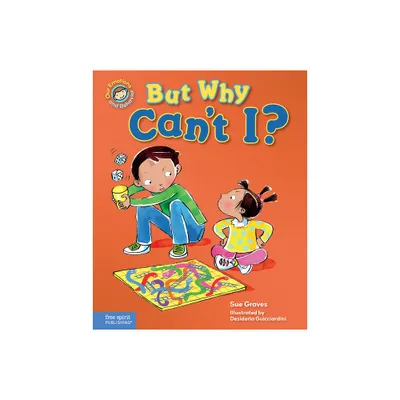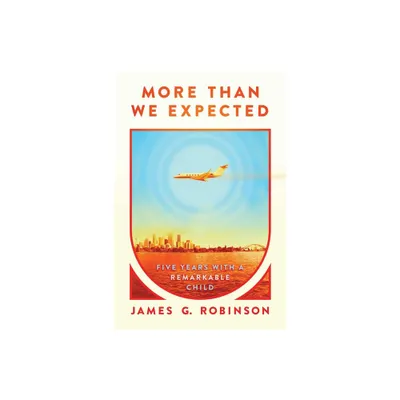Home
Feeling Smart: Why Our Emotions Are More Rational Than We Think
Loading Inventory...
Barnes and Noble
Feeling Smart: Why Our Emotions Are More Rational Than We Think
Current price: $29.00


Barnes and Noble
Feeling Smart: Why Our Emotions Are More Rational Than We Think
Current price: $29.00
Loading Inventory...
Size: Hardcover
*Product Information may vary - to confirm product availability, pricing, and additional information please contact Barnes and Noble
Which is smarter -- your head or your gut? It's a familiar refrain: you're getting too emotional. Try and think rationally. But is it always good advice?
In this surprising book, Eyal Winter asks a simple question: why do we have emotions? If they lead to such bad decisions, why hasn't evolution long since made emotions irrelevant? The answer is that, even though they may not behave in a purely logical manner, our emotions frequently lead us to better, safer, more optimal outcomes. In fact, as Winter discovers, there is often logic in emotion, and emotion in logic. For instance, many mutually beneficial commitments -- such as marriage, or being a member of a team -- are only possible when underscored by emotion rather than deliberate thought. The difference between pleasurable music and bad noise is mathematically precise; yet it is also something we feel at an instinctive level. And even though people are usually overconfident -- how can we
all
be above average? -- we often benefit from our arrogance.
Feeling Smart
brings together game theory, evolution, and behavioral science to produce a surprising and very persuasive defense of how we think, even when we don't.
In this surprising book, Eyal Winter asks a simple question: why do we have emotions? If they lead to such bad decisions, why hasn't evolution long since made emotions irrelevant? The answer is that, even though they may not behave in a purely logical manner, our emotions frequently lead us to better, safer, more optimal outcomes. In fact, as Winter discovers, there is often logic in emotion, and emotion in logic. For instance, many mutually beneficial commitments -- such as marriage, or being a member of a team -- are only possible when underscored by emotion rather than deliberate thought. The difference between pleasurable music and bad noise is mathematically precise; yet it is also something we feel at an instinctive level. And even though people are usually overconfident -- how can we
all
be above average? -- we often benefit from our arrogance.
Feeling Smart
brings together game theory, evolution, and behavioral science to produce a surprising and very persuasive defense of how we think, even when we don't.


















